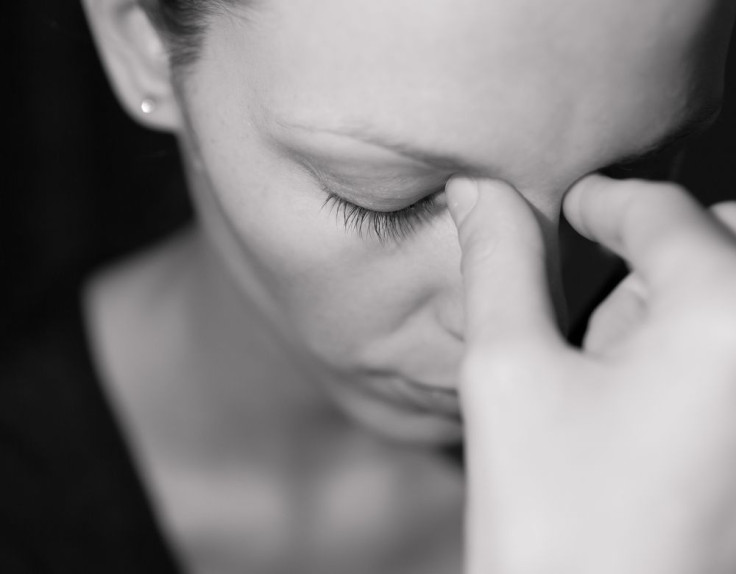Maternal Mental Health Surveillance Important Not Just In Initial Months But In Years After Childbirth

Baby blues are common in new mothers. It's only when postpartum mood disorder sets in that things get serious and doctors recommend seeking help. According to new research, the condition effects 15 percent of all postpartum women and is more common at four years following childbirth than in the initial weeks or months post-delivery. The study, published today in BJOG: An International Journal of Obstetrics and Gynaecology, also emphasizes the need for greater research on maternal mental health, according to a news release.
The study, based on responses from 1507 women from 6 public hospitals in Melbourne, Australia, was used to gauge the prevalence of depression from the initial days after conception to four years postpartum. Potential risk factors for postpartum mood disorder after some years postpartum include earlier depression, change in relationships, intimate partner violence, and socio-economic conditions.
The research found that women who had previously reported symptoms of depression either in early pregnancy or in the first year postpartum were more likely to be depressed at four years postpartum. According to the study, other reasons that could lead to depression were young maternal age (18-24 years), stressful life events, and social adversity in the year prior to the four year follow-up, intimate partner violence, and economic struggles. Women who were exposed to intimate partner abuse in the first 12 months postpartum or in the year prior to the four year follow-up were four times more likely to report depressive symptoms at four years postpartum.
"These findings provide a compelling case for re-thinking current policy frameworks for maternal mental health surveillance. It is likely that current systems of maternal mental health surveillance in Australia and the UK will miss more than half the women experiencing depression in the early years of parenting. In particular, women who do not have subsequent children may be especially vulnerable to falling through the gaps as they will not be reconnected back into primary care services.There also needs to be a focus on social health and relationships as we have found a strong link between depressive symptoms and intimate partner violence," said Dr Hannah Woolhouse, psychologist and Senior Research Officer from the Murdoch Childrens Research Institute, Victoria, Australia.
The authors recommend counselling and additional mental health surveillance of mothers, not just in the initial months, but in subsequent early years of parenting. They also recommend the integration of core mental health services within routine primary healthcare (antenatal and postnatal visits).The researchers did not, however, rule out that the other factors alone -- perhaps even for non-mothers -- could create a fragile mental health scenario. So, while the findings are interesting, they do not necessarily prove a direct causal link between motherhood and depression years after childbirth.
Source: Woolhouse H, Gartland D, Menash F, Brown S. Maternal depression from early pregnancy to four years postpartum in a prospective pregnancy cohort study: implications for primary health care. BJOG 2014; http://dx.doi.org/10.1111/1471-0528.12837
Published by Medicaldaily.com



























